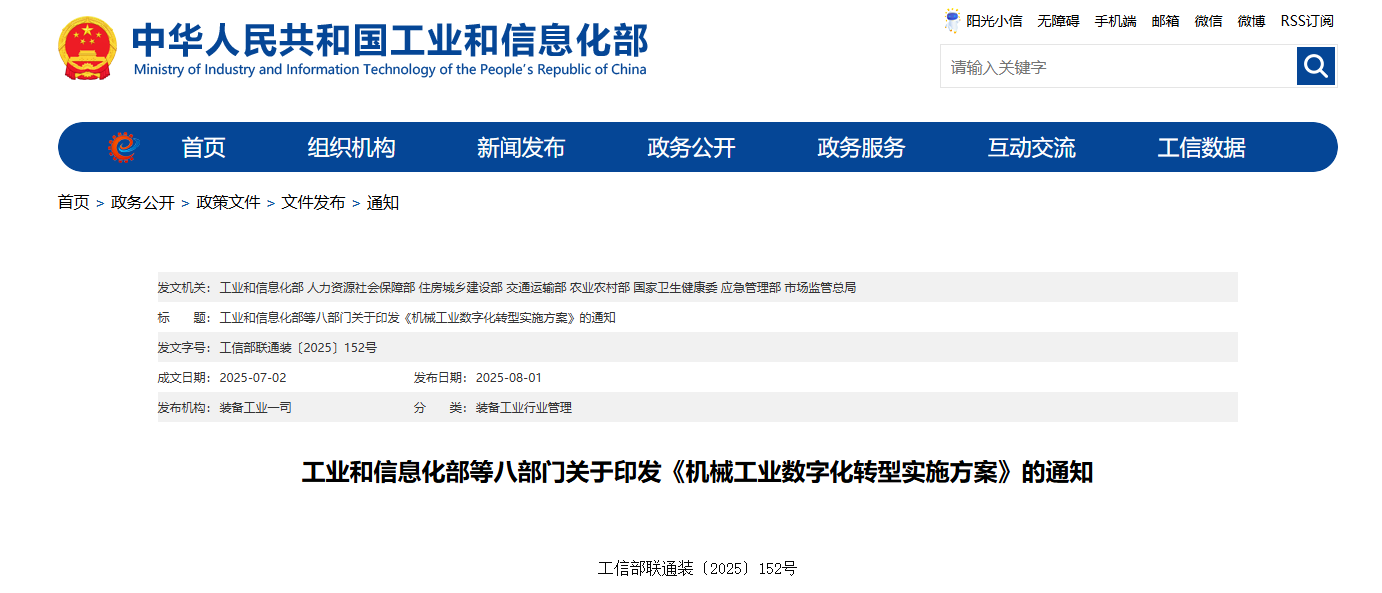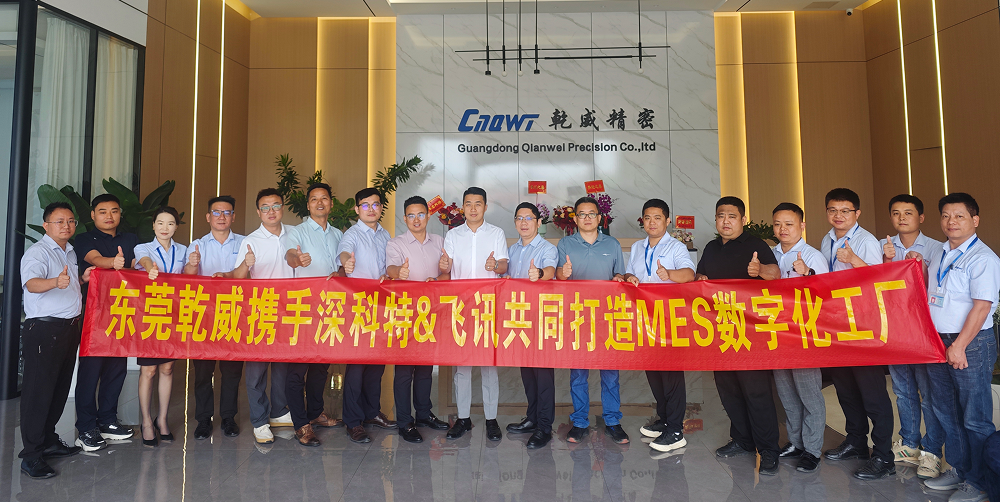工厂WMS系统的关键功能

Title: Critical Functions of a Factory WMS System: A Multi-dimensional Perspective
Introduction:
In today's rapidly evolving manufacturing landscape, the effective management and control of warehouse operations have become paramount. This is where a Warehouse Management System (WMS) comes into play. A WMS is an essential tool for ensuring efficient inventory management, streamlined processes, and optimal resource allocation within a factory's warehouse. In this article, we will explore the critical functions of a Factory WMS system from multiple angles, highlighting its significance in enhancing efficiency, accuracy, and overall productivity.
1. Inventory Management:
One of the primary functions of a Factory WMS system is to facilitate accurate and real-time inventory management. Through barcode scanning, RFID technology, or even AI-powered image recognition, the WMS tracks the movement of goods, from receipt to dispatch. By maintaining an up-to-date record of stock levels, the system enables manufacturers to optimize their inventory levels, avoid stockouts, and minimize excess stock, leading to cost savings and improved customer service.
2. Order Processing:
Efficient order processing is key to delivering products on time and meeting customer expectations. A Factory WMS system streamlines the entire order fulfillment process by automating tasks such as order capture, picking, packing, and shipping. It provides real-time visibility into order status, enabling manufacturers to prioritize orders, allocate resources effectively, and reduce lead times. By minimizing manual intervention, the WMS eliminates errors, improves order accuracy, and enhances overall customer satisfaction.
3. Warehouse Layout Optimization:
Optimizing the layout of a factory warehouse can significantly impact operational efficiency. A WMS system assists in determining the most efficient storage locations for different products based on factors like demand patterns, product characteristics, and expiry dates. By utilizing algorithms and data analytics, the system maximizes space utilization, reduces travel distances for workers, and minimizes congestion, ultimately improving throughput and reducing operational costs.
4. Labor Management:
Managing human resources efficiently is crucial in a factory environment. A Factory WMS system facilitates better labor management by assigning tasks based on real-time priorities and optimizing workforce allocation. Through electronic task assignments, performance tracking, and productivity metrics, the system ensures that each worker's skills are utilized effectively, minimizing idle time and maximizing productivity. This not only enhances overall efficiency but also contributes to employee satisfaction and retention.
5. Data Analytics and Reporting:
Data is a valuable asset for decision-making and continuous improvement. A Factory WMS system captures and analyzes a vast amount of data related to inventory, orders, labor, and operational processes. By providing comprehensive reports, real-time dashboards, and key performance indicators (KPIs), the system enables managers to gain insights into operational performance, identify bottlenecks, and make data-driven decisions for process optimization. Continuous monitoring and analysis of data foster a culture of continuous improvement within the organization.
Conclusion:
A Factory WMS system plays a pivotal role in transforming warehouse operations, enabling manufacturers to achieve higher levels of efficiency, accuracy, and productivity. From accurate inventory management and streamlined order processing to optimized warehouse layouts, efficient labor management, and data-driven decision-making, the critical functions of a WMS system empower factories to stay agile, competitive, and responsive to customer demands. Embracing and leveraging the capabilities of a Factory WMS system is an imperative step towards achieving operational excellence in the modern manufacturing landscape.
��Ѷ���������2006�꣬ӵ�������з����뿪��ƽ̨����һ�Ҽ���Ӫ�������졢�ɹ���ȫ��·���ǻ��������Ʒ����̺ͷ����̡���Ʒ�������ֻ����䡢����������������������˾��MRO��ERP��MES��WMS��CRM��SRM�Ȳ�ƷΪ������Ϊ�ͻ��ṩ���ǻ��������巽���滮��������ܷ�����Χ���������Ǻͳ����ǵ����������ڰ����ͻ������к�ʵ�ʳ������ɴ��С��ɴ��µ����ֻ���Ӫ��ϵ�������������Ϣ�����������ֻ��;������ܻ��������⣬Ϊ��ͬ��ҵ����ͬ��ʵ�ֲ�ͬ�ľ�ӪĿ�ꡣ























请先 登录后发表评论 ~